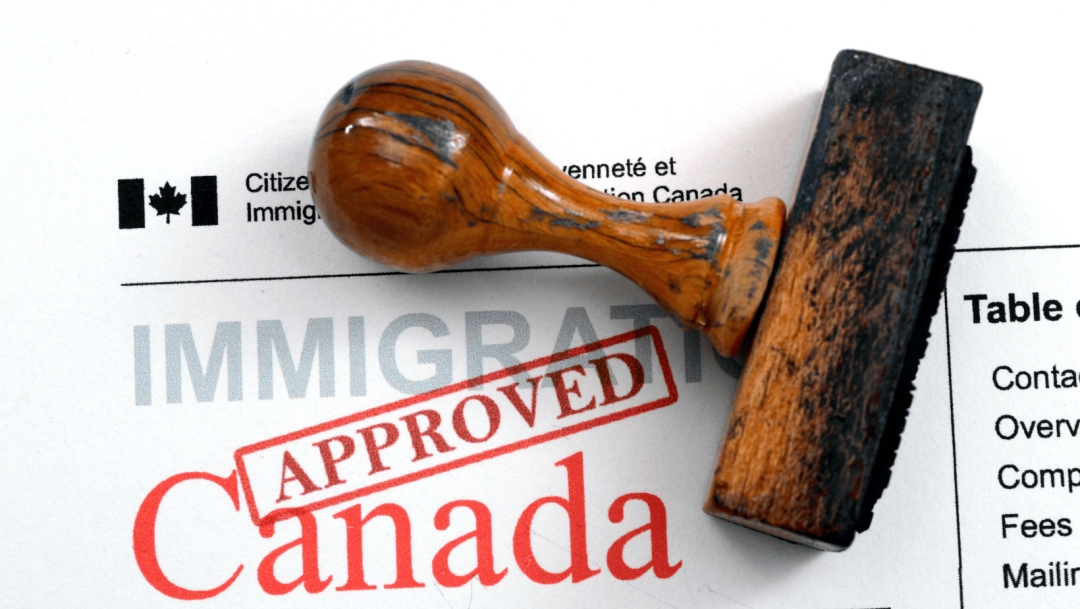
Cardinal Point Wealth Management, a leading cross-border financial advisory firm, highlights the unique complexities and essential steps Americans must consider when planning a move to Canada. With expertise spanning immigration, financial, tax, investment, and estate planning, Cardinal Point provides invaluable guidance to clients navigating the cross-border transition. Kris Rossignoli, Cross-Border Tax and Financial Planner at Cardinal Point, offers crucial insights for Americans contemplating a move north and underscores the importance of a well-managed approach to avoid potential challenges.
“At Cardinal Point, we recognize that many Americans are reassessing their residency options for various personal, political, and economic reasons,” Rossignoli states. “However, moving to Canada involves much more than a quick trip across the border. Our goal is to educate and guide individuals through the legal, financial, and logistical steps needed for a successful transition.”
Understanding Canada’s Formal Immigration Process
For Americans intrigued by the idea of relocating, it is vital to recognize that Canada, like the U.S., has a formal immigration process. “You cannot simply arrive at the Canadian border and expect to stay indefinitely,” Rossignoli explains. “Depending on individual circumstances, one may qualify through different immigration pathways, but each has its own requirements and timelines.”
Among the options are family-sponsored visas and Skilled Worker Entry programs for individuals whose occupations are in demand in Canada. “For those currently employed in the U.S. in particular roles, Canada’s Skilled Worker Entry programs could offer a visa pathway,” Rossignoli notes. “Alternatively, for self-employed individuals working in certain arts, culture, or recreational fields, the Self-Employed Persons program might be appropriate.”
Canada’s Provincial Nominee Program (PNP) offers additional opportunities for individuals who wish to settle in specific provinces. This program allows Canadian provinces, except Quebec, to nominate candidates for immigration. Rossignoli notes, “The PNP can be a viable option for those with ties to specific Canadian provinces, where provincial agreements with the federal government facilitate the immigration process based on local needs.”
Business Opportunities and the Canadian Start-up Visa
Entrepreneurially minded Americans may find Canada’s Start-up Visa program an appealing option. “This program offers a pathway for those interested in launching a business in Canada, with requirements including a Letter of Support from a designated Canadian venture capital fund or angel investor group,” Rossignoli explains. Applicants must also meet Canadian Language Benchmark requirements and hold sufficient settlement funds based on family size.
Navigating Tax Implications and Compliance
Rossignoli cautions that immigration hurdles are only one aspect of the cross-border transition. For Americans who remain U.S. citizens, tax compliance is an essential consideration. “It’s crucial to understand that even if you become a Canadian resident, the U.S. government will continue to consider you a resident for income, gift, and estate-tax purposes,” Rossignoli warns. “This means Americans in Canada must still file U.S. tax returns on their global income and comply with various reporting requirements.”
Further complicating matters, residents of Canada are taxed by the Canadian government on their worldwide income as well. The Canada-U.S. tax treaty offers some relief by allowing individuals to apply foreign tax credits to avoid double taxation, but the process can be intricate and requires careful planning.
“Without proper cross-border tax planning, U.S. citizens living in Canada may encounter unforeseen tax liabilities and the risk of double taxation,” Rossignoli explains. “Our team works to develop tax strategies that meet both Canadian and U.S. requirements, aiming to minimize the impact of double taxation and ensure compliance with both countries’ tax laws.”
The Role of Specialized Cross-Border Financial Advisors
Cross-border financial advisors are essential for individuals and families navigating life between Canada and the United States. These experts help manage complex tax, financial planning, investment, and estate challenges unique to cross-border lifestyles. For those considering a move to Canada, cross-border financial advisors provide guidance on meeting financial obligations in both countries, reducing risks of double taxation and regulatory conflicts.
Kris Rossignoli, a cross-border tax and financial planner, explains, “Managing finances across borders requires strategies aligned with each country’s laws. Knowledgeable advisors help clients understand immigration, financial, and tax considerations, supporting their financial goals.” Cross-border financial advisors focus on compliance, asset protection, and tax efficiency, fostering long-term stability across borders.
About Cardinal Point Wealth Management
Cardinal Point Wealth Management specializes in assisting clients who live, work, and invest in both Canada and the United States. The firm’s experienced team offers cross-border financial planning, investment management, tax, and estate planning services tailored to the unique needs of clients with cross-border interests. Cardinal Point is dedicated to helping clients enjoy the financial benefits and peace of mind that come with comprehensive cross-border financial solutions.
Media Contact
Company Name: Cardinal Point Wealth Management
Contact Person: Kris Rossignoli
Email: Send Email
Phone: 8662132036
Address:2255 Glades Road, Suite 324A
City: Boca Raton
State: FL 33431
Country: United States
Website: https://cardinalpointwealth.com/
